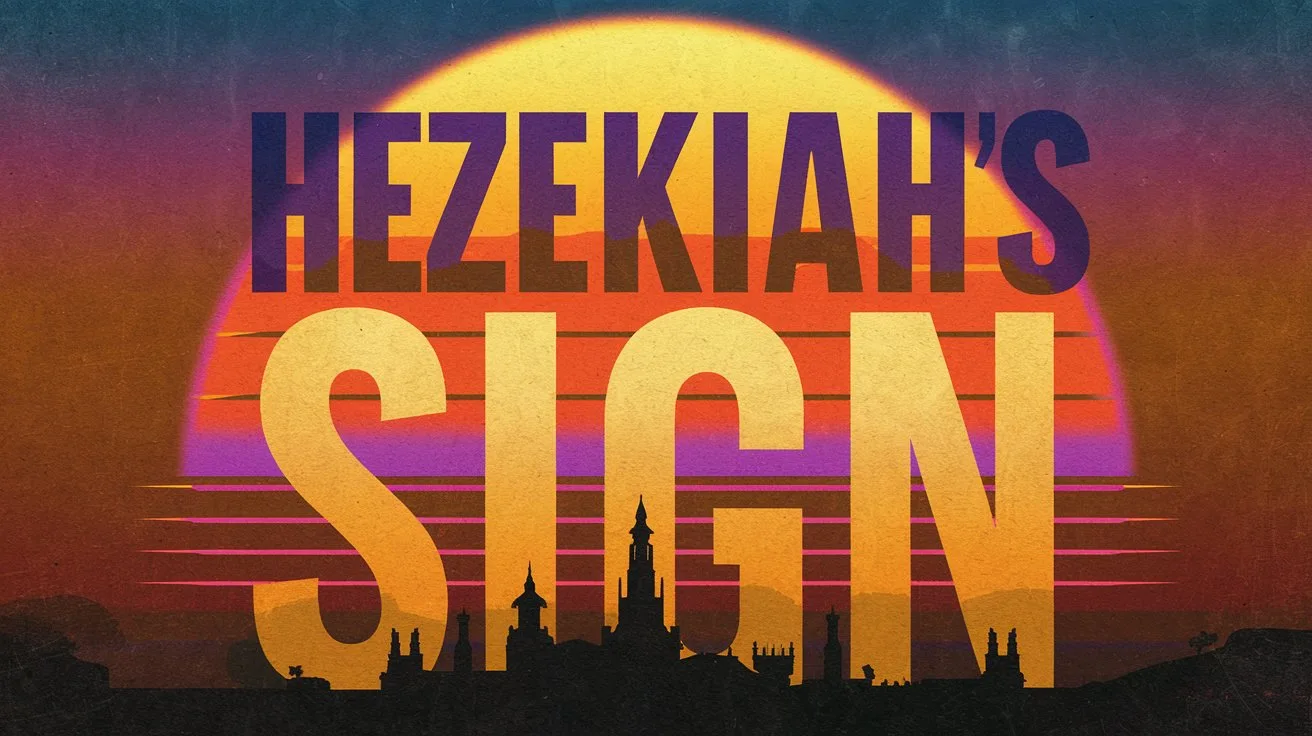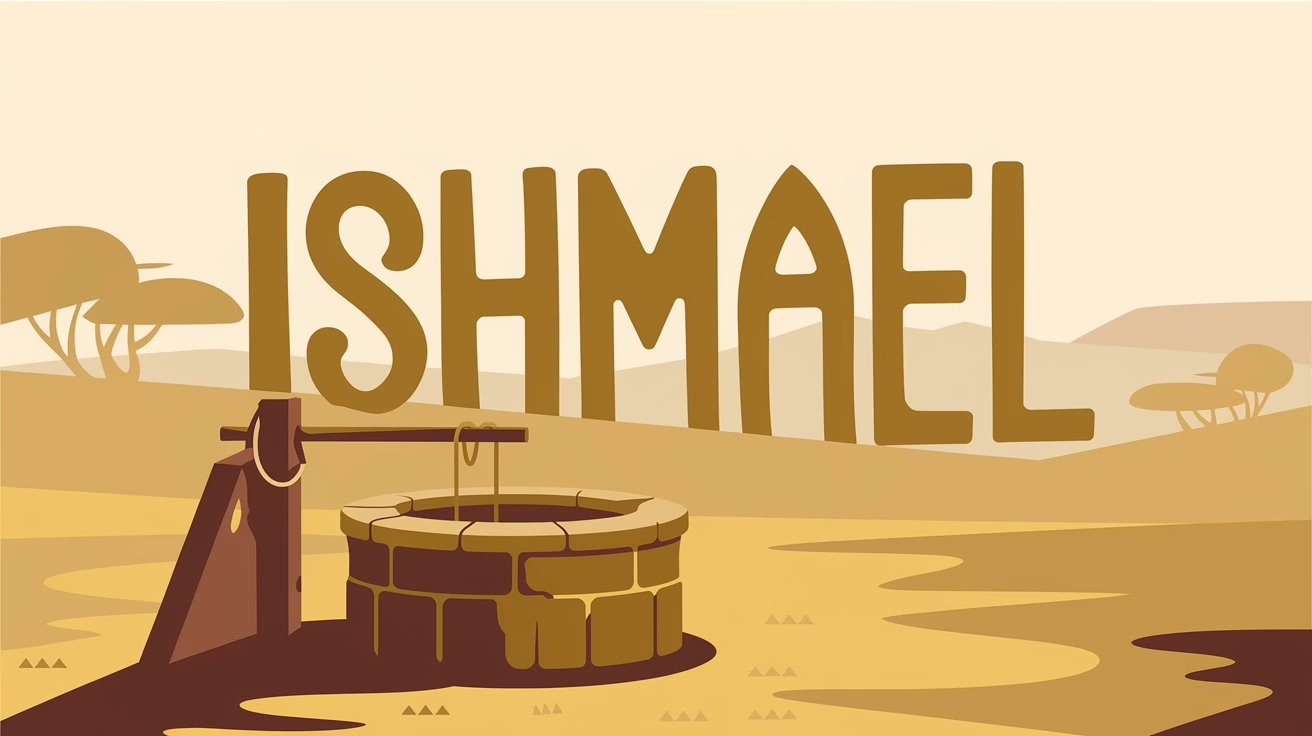Rebekah, a pivotal figure in Genesis, is a remarkable example of faith, discernment, and courage. The Bible introduces her as a young woman drawing water from a well, yet her life is filled with critical moments where her decisions and actions shape the course of biblical history. From her selection as Isaac’s wife to her role in ensuring Jacob receives the blessing, Rebekah displays a heart attuned to God’s purposes.
A Woman from Haran
Rebekah was from Padan Aram, in the region of Mesopotamia, and lived in Haran (Genesis 25:20). She was the daughter of Bethuel and the sister of Laban (Genesis 24:29-30). Haran was a city in the region of Abraham’s kin, and its people were of the same lineage as Abraham. This connection is significant because Abraham sent his servant specifically to this area to find a wife for Isaac, ensuring the covenant line remained distinct from the Canaanites.
In Rebekah’s culture, women were often actively involved in domestic tasks, including drawing water for their households and livestock from the well, which was a communal place.
Rebekah’s Kindness and Selection as Isaac’s Wife
Rebekah’s first encounter with Abraham’s servant demonstrates her kind and hospitable nature. In Genesis 24:18-20, she offers water not only to the servant but also to his camels, a task requiring significant effort and time:
“So she said, ‘Drink, my lord.’ Then she quickly let her pitcher down to her hand and gave him a drink. And when she had finished giving him a drink, she said, ‘I will draw water for your camels also, until they have finished drinking.’”
Camels can drink a substantial amount of water, and Rebekah’s willingness to draw enough for ten camels highlights her servant’s heart. This act of kindness was the very sign Abraham’s servant had prayed for in Genesis 24:14:
“Now let it be that the young woman to whom I say, ‘Please let down your pitcher that I may drink,’ and she says, ‘Drink, and I will also give your camels a drink’—let her be the one You have appointed for Your servant Isaac.”
God’s providence in leading the servant to Rebekah shows that her character set her apart. She was chosen not for wealth or status but for her heart.
Rebekah’s Journey of Faith
Rebekah’s decision to leave her family and homeland to marry Isaac reflects extraordinary faith. In Genesis 24:57-58, when her family asks if she will go with the servant, she responds without hesitation:
“And they said, ‘We will call the young woman and ask her personally.’ Then they called Rebekah and said to her, ‘Will you go with this man?’ And she said, ‘I will go.’”
This willingness mirrors the faith of Abraham, who left his home in obedience to God (Genesis 12:1). Rebekah stepped into the unknown, trusting that this was God’s plan for her life.
Rebekah as a Wife and Mother
Rebekah’s marriage to Isaac is one of love and fulfillment. In Genesis 24:67, Isaac brings her into his mother Sarah’s tent, symbolizing her role as the new matriarch of the covenant family:
“Then Isaac brought her into his mother Sarah’s tent; and he took Rebekah and she became his wife, and he loved her. So Isaac was comforted after his mother’s death.”
As a wife, Rebekah demonstrated strength and devotion. However, her early married life was marked by barrenness, a trial that led both her and Isaac to seek God. Genesis 25:21 says:
“Now Isaac pleaded with the Lord for his wife, because she was barren; and the Lord granted his plea, and Rebekah his wife conceived.”
Her eventual pregnancy brought another challenge. She experienced a tumultuous struggle in her womb, leading her to inquire of the Lord. In Genesis 25:22-23, God reveals the destiny of her twin sons:
“Two nations are in your womb, two peoples shall be separated from your body; one people shall be stronger than the other, and the older shall serve the younger.”
This divine insight gave Rebekah a unique understanding of God’s plan, shaping her later actions.
Rebekah’s Discernment and Role in Jacob’s Blessing
The account of Jacob receiving Isaac’s blessing (Genesis 27) is often misunderstood as an act of deceit, yet Rebekah’s actions stemmed from her discernment of God’s will. Knowing God’s revelation that the older (Esau) would serve the younger (Jacob), she took steps to ensure the blessing aligned with God’s purpose.
In Genesis 27:6-10, Rebekah devises a plan to present Jacob as Esau to Isaac:
“So Rebekah spoke to Jacob her son, saying, ‘Indeed I heard your father speak to Esau your brother, saying, “Bring me game and make savory food for me, that I may eat it and bless you in the presence of the Lord before my death.” Now therefore, my son, obey my voice according to what I command you.’”
While the methods may seem questionable, her motives were rooted in faith and a desire to see God’s plan fulfilled. Esau had already demonstrated a lack of regard for his birthright (Genesis 25:34) and had married Canaanite women, bringing grief to his parents (Genesis 26:34-35).
Rebekah’s decision was not born of favoritism or personal ambition. She discerned that Jacob, not Esau, was fit to carry the covenant blessing. Her actions echo the biblical principle that God often chooses the unlikely or the younger to accomplish His purposes (e.g., David over his brothers, Joseph over his siblings).
Rebekah’s Legacy
Rebekah seems to fade into the background after Jacob leaves for Haran (Genesis 28). However, her influence endures through her sons, particularly Jacob, who becomes Israel, the father of the twelve tribes.
Rebekah’s life exemplifies:
Faith: Her willingness to leave her family and trust God’s plan.
Kindness: Her hospitality to Abraham’s servant.
Discernment: Her understanding of God’s will regarding Jacob and Esau.
Courage: Her boldness in ensuring the covenant blessing aligned with God’s plan.
My Final Thoughts
Rebekah was not perfect, but she was faithful, discerning, and courageous. Her life reminds us that God often works through those with willing hearts to accomplish His purposes. Rebekah’s life challenges us to trust God in the unknown, to act boldly in alignment with His will, and to cultivate kindness and hospitality toward others.
Though her methods may raise questions, her legacy as a matriarch of the covenant family is a testament to her faith and obedience. Like Rebekah, may we be people who trust God’s plan, act with discernment, and leave a legacy of faith for those who come after us.












